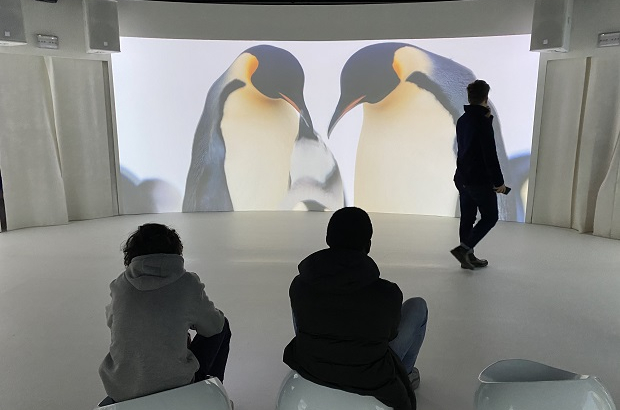- Daily & Weekly newsletters
- Buy & download The Bulletin
- Comment on our articles
Unlock your Energy: Post-lockdown philanthropy project targets underprivileged kids
Vulnerable youngsters have been under increased pressure during the Covid pandemic. That’s why Belgium’s leading philanthropy institution the King Baudouin Foundation has launched Unlock your Energy to inject immediate cash into projects to help them get together, develop their skills and have fun after lockdown.
More than 100 initiatives for 15- to 25-year-olds from around the country were selected and more than €800,000 handed out in a fast-track process to kickstart actions over the summer. The projects aim to counteract the negative effects of long periods of social isolation. Whether helping children escape their urban environment, express their emotions or improve their confidence, they focus on giving them a better chance of a successful return to social and educational activities.
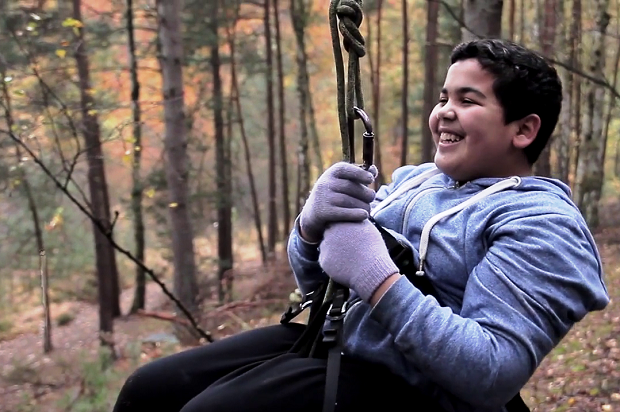
Funding includes €10,000 for youngsters in Schaerbeek to teach others the dance moves they’ll need to put on a show. A group of young refugees has secured €4,000 to run art and sport workshops for unaccompanied child asylum-seekers in Saint-Gilles. Young people in the Marolles have been given €7,558 to set up a web radio, and children in Molenbeek get €9,750 to go kayaking and paintballing in the Ardennes.
Odyssée helps school dropouts find their path
Brussels non-profit Odyssée supports teenagers who have dropped out or are at risk of dropping out of school. Their grant of €10,000 is funding a new series of workshops focused on self-knowledge, self-esteem, self-confidence and learning to trust others.
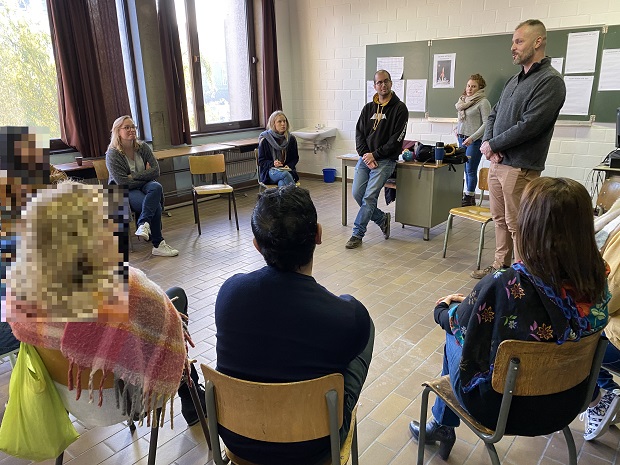
The workshops will have more impact because they are run by young people who have themselves had problems with their education, says director Catherine Sztencel. When Odyssée reached out to people it had helped in the past, “they were surprised and said they didn’t know how to do our job, but we pointed out that they knew it better than us. We want them to find their own way to explore the common thread that helped them turn their lives around.”
It’s this lived experience that will be at the centre of the workshops for some 100 secondary students from disadvantaged and vulnerable backgrounds who are at risk of quitting school. They will start in October and continue until December.
She stresses that “more children have dropped out of sight” since the beginning of the pandemic and that exclusion from school is a problem that affects all social classes. One reason it’s important to identify children at risk is because of the clear link with mental health problems. While multiple factors are behind the problem, “the teenager is ringing an alarm bell and unfortunately too few people hear this alarm,” she says, adding that parents need to be particularly attentive. “It’s systemic and we need to view it as a triangle, with the youngster at the centre and families and schools all participating.”
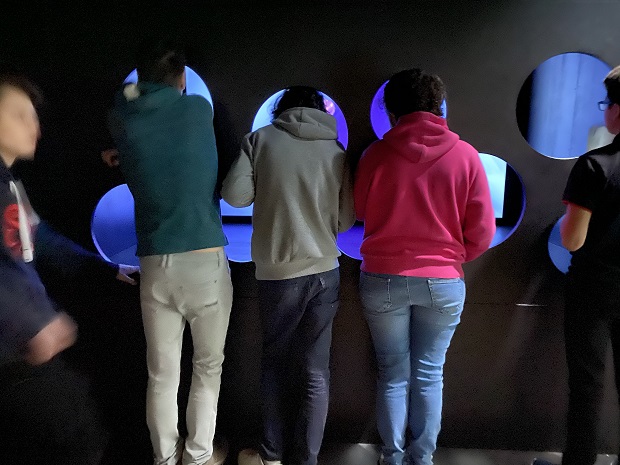
In Belgium, although school is compulsory until the age of 18, education departments and school systems find attendance difficult to enforce. Odyssée has developed a work method and Catherine Sztencel has written books on the issue with Nicolas Roubaud. Among the many reasons a youngster will stop attending school, the relationship with teachers is paramount, she says. While a school’s teaching methods can occasionally provoke exclusion – and cause challenges for high-potential or hypersensitive children – changing class or teacher can usually remedy the problem. “We all have different forms of intelligence and people learn in different ways and if they don’t fit the mould, the education system is not flexible.”
She asks teachers to listen to pupils who are struggling: “You don’t need to be a psychologist to at least hear them out. That’s half the battle and can increase their confidence in you.” Sztencel refers to studies that show that a youngster who drops out needs at least two years before being ready to return to school. “So if you drop out at 15 and are not immediately supported, you’ll be almost 18 before being ready to go back and that’s usually too late.”
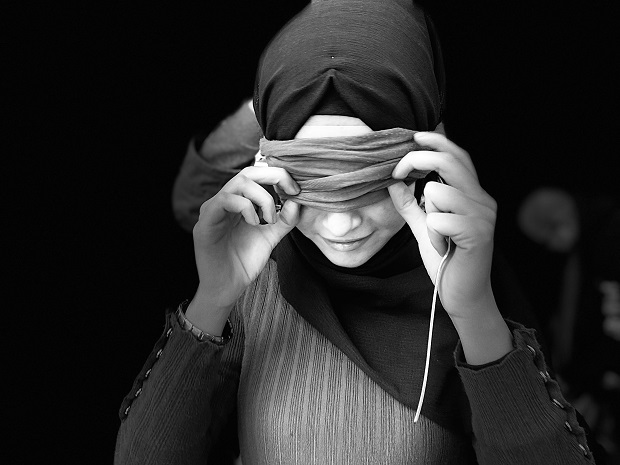
If the young person is from a disadvantaged family or a family that doesn’t speak fluent French or Dutch, support is less likely to be forthcoming. “Although they know that education is their gateway to a better life, it’s such a hard battle that they risk falling into a fatalism that this is how life is,” says Sztencel. Underprivileged kids often carry a lot of emotional baggage and may be struggling to find their place in a complex family environment. Poverty is also a factor, and Sztencel has witnessed deteriorating financial health among families. “Parents on benefits are facing complicated situations and it’s fundamental to support them. We can’t close our eyes.”
When youngsters drop through gaps in the system and shut themselves away in their rooms, Odyssée’s psychologists will visit homes, knock on bedroom doors and slowly build a relationship of confidence. “You have to be patient and not apply pressure. The goal is to help them find a path.”
The plight of many kids and families they support is desperate. One young boy stopped going to school after the suicide of his father. On a first visit, the psychologist visited him at home with his mother and younger brother, who has disabilities, surrounded by empty cans, bottles and rubbish. Sztencel: “She asked the boy to fetch bin bags and help her pick up the rubbish. Afterwards she told him that she had enjoyed spending time with him and he replied, ‘me too’. Two days later she returned and the whole family was happy to see her, but the boy still wouldn’t leave the apartment. Five or six visits later, he explained that his mum was severely depressed and that he was scared to go to school and come home to find her dead.”
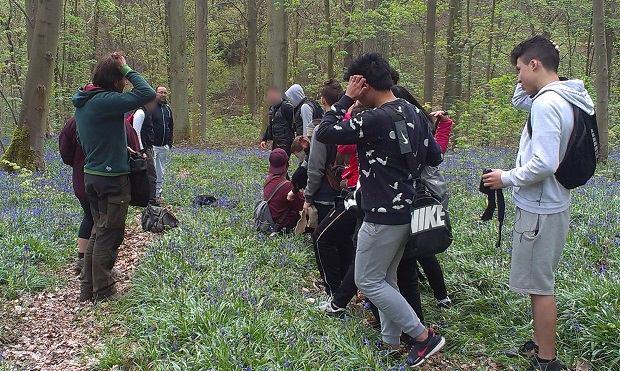
Another example highlights how communication is key to providing concrete support. When talking to a 16-year-old who says his only motivation is making money – Odyssée know he’s dealing drugs – he’s asked how he spends his money. “Nine times out of 10, he’ll say it’s to help his mum and siblings. Once he realises that his values are really about helping his family rather than making money, then we can start working together. It’s no good telling him he shouldn’t be dealing; we explain the dangers and the risk of prison and how there doesn’t need to be only one person as head of the family. It’s about small steps,” says Sztencel.
A small but committed team, Odyssée makes 150 individual interventions a year and works with 350 youngsters in groups. It operates outside and sometimes in opposition to youth social services. “For them, the youngster has to ask for help, but we start from the principle that a teen who is suffering is unable to ask for help and will become even more isolated,” Sztencel says.
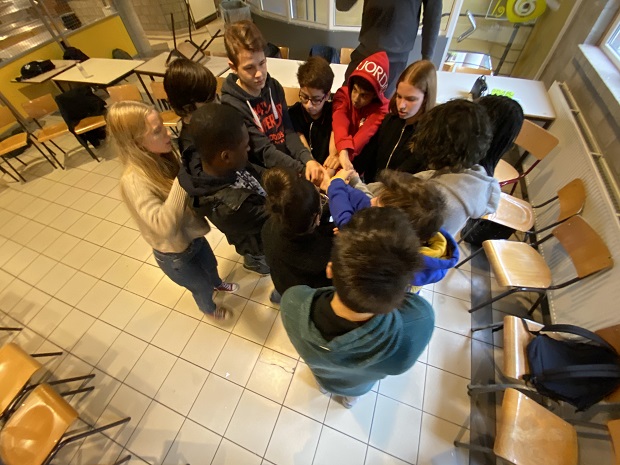
A vote of confidence for young people
Jury president and psychology professor at UCLouvain said: “Unlock your Energy is a vote of confidence by the King Baudouin Foundation for young people. By giving them the means to carry out projects together, they are allowed to ‘reset the machine’ after a long period of shutdown. And we are responding to their vital need to recreate social bonds.”
The call for projects at the beginning of the year received 472 applications with a total of 102 selected by an independent jury: 24 in Brussels, 25 in Wallonia and 53 in Flanders. Each one received between €2,500 and €20,000 in support. The project also received financial support from the Solvay Solidarity Fund, the Ackermans & van Haaren Solidarity Fund, and Fit With A Star, in collaboration with Basic Fit.
Photos: Workshops and activities run by Brussels nonprofit organisation Odyssée











